London’s Nakba protest last weekend - 500,000 people marching to say Stop the Genocide and Free Palestine.
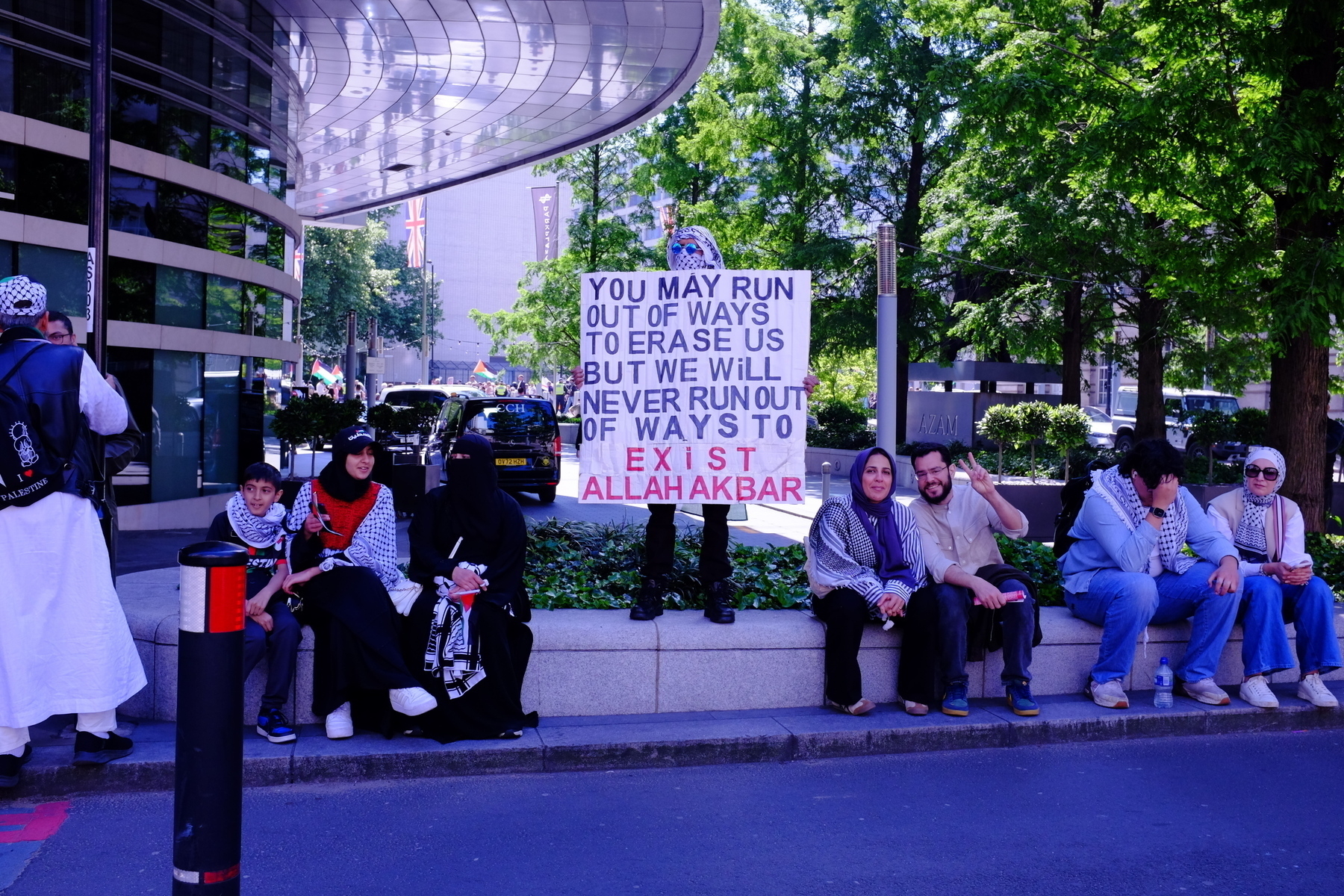
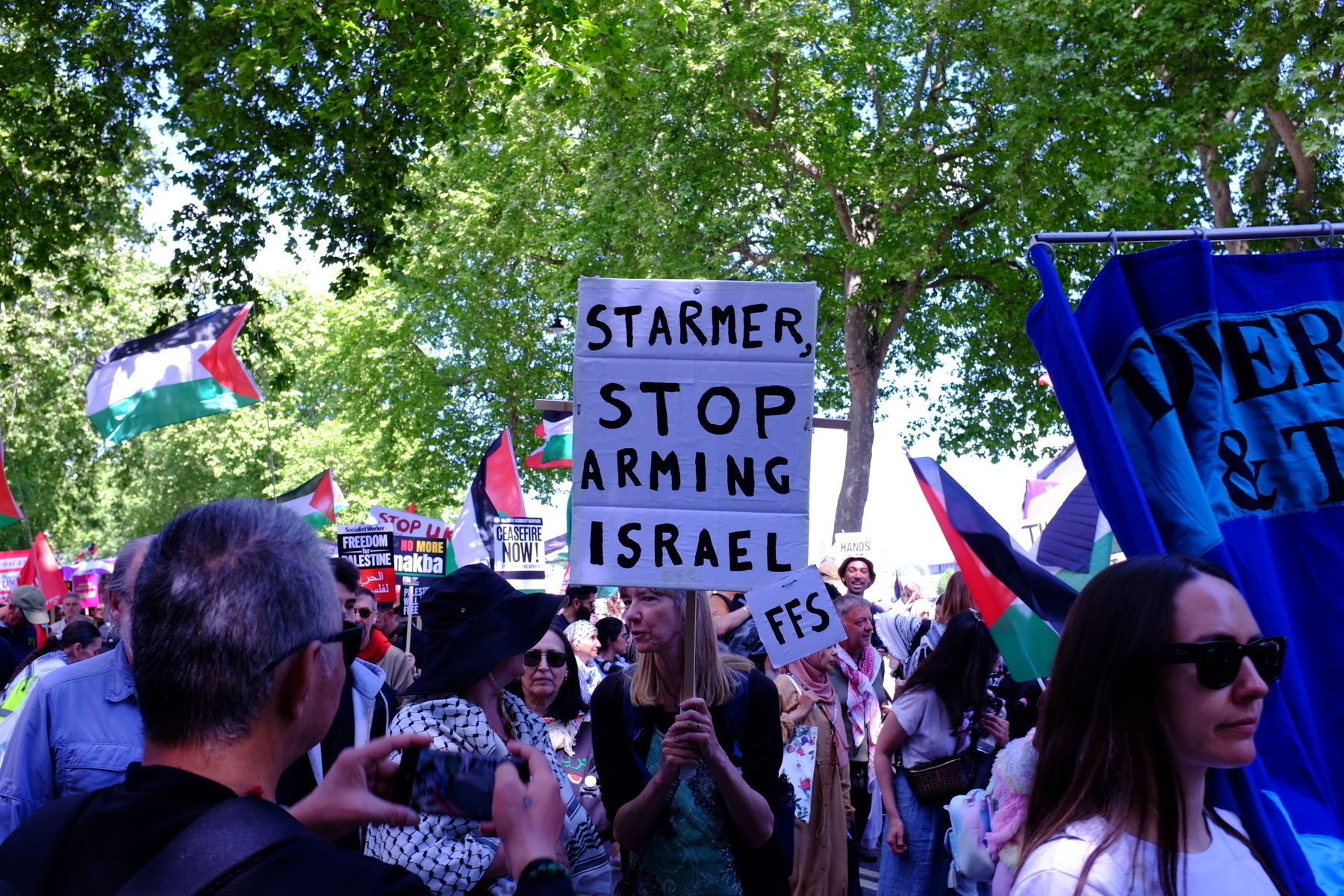
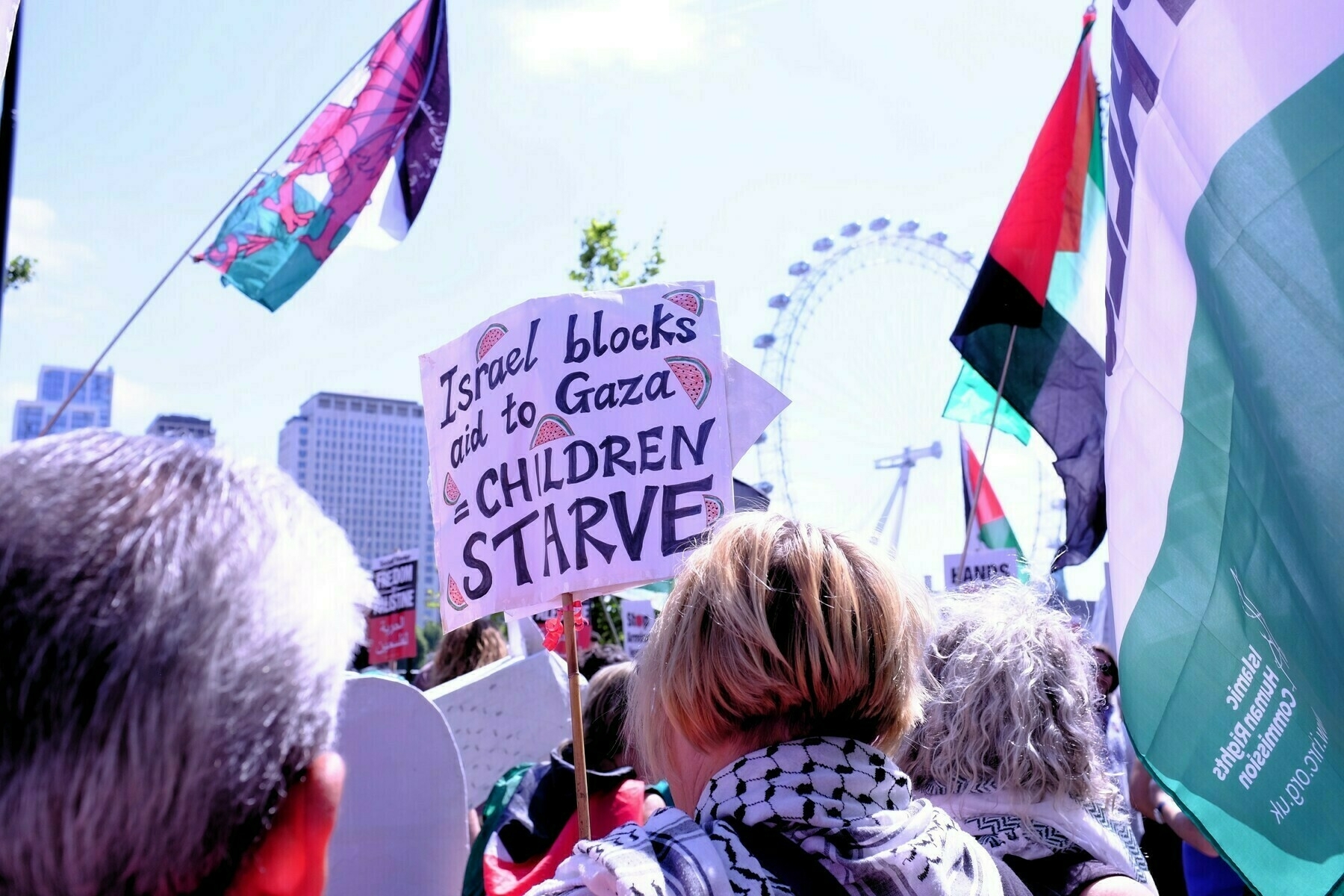
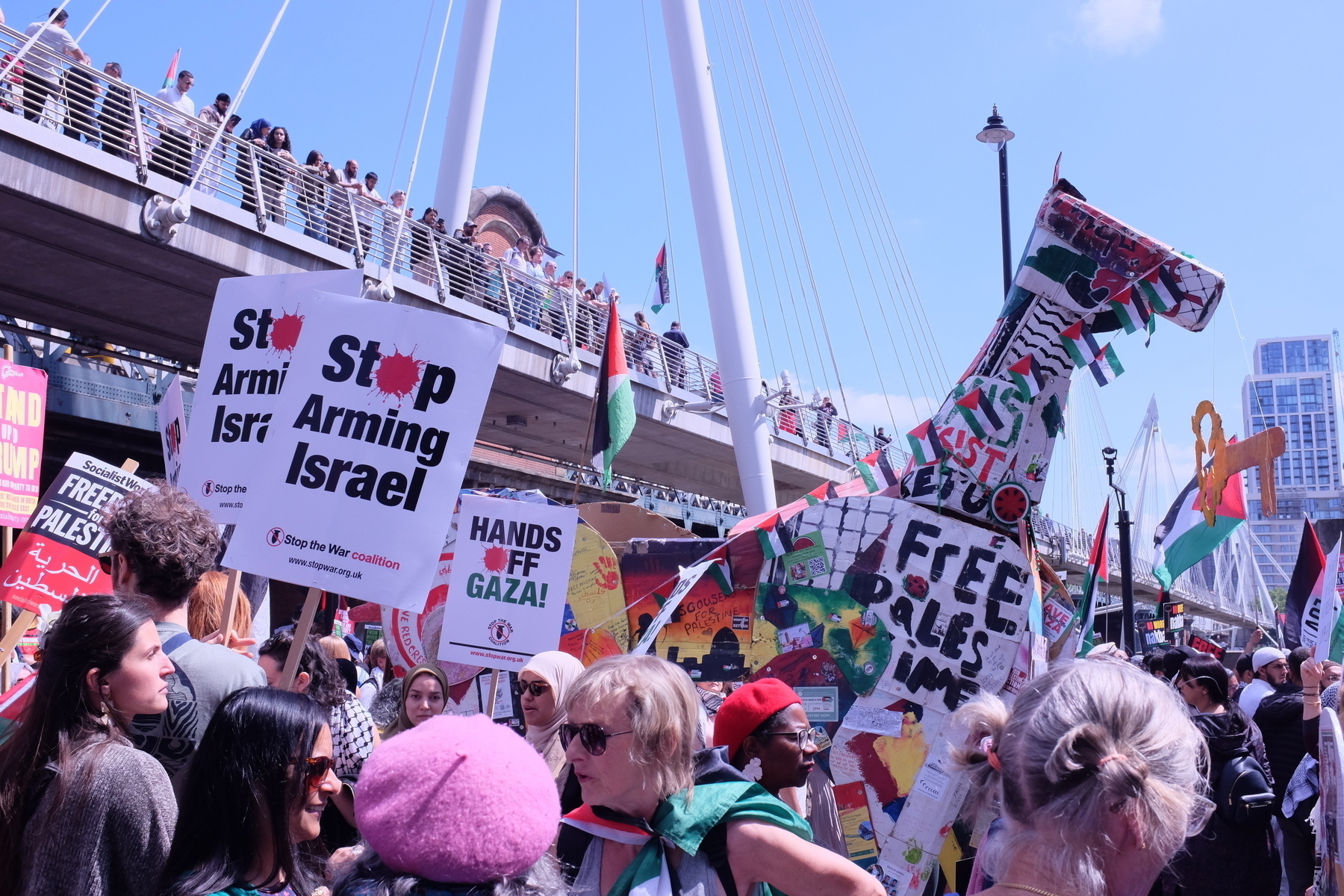
London’s Nakba protest last weekend - 500,000 people marching to say Stop the Genocide and Free Palestine.




London’s Nakba demonstration last weekend was the biggest protest I have been to in years - an estimated 500,000 people marched to say Free Palestine and Stop the Genocide. Over 50,000 Palestinians have now been killed by Israel and 14,000 babies are at risk of dying from the aid blockade.
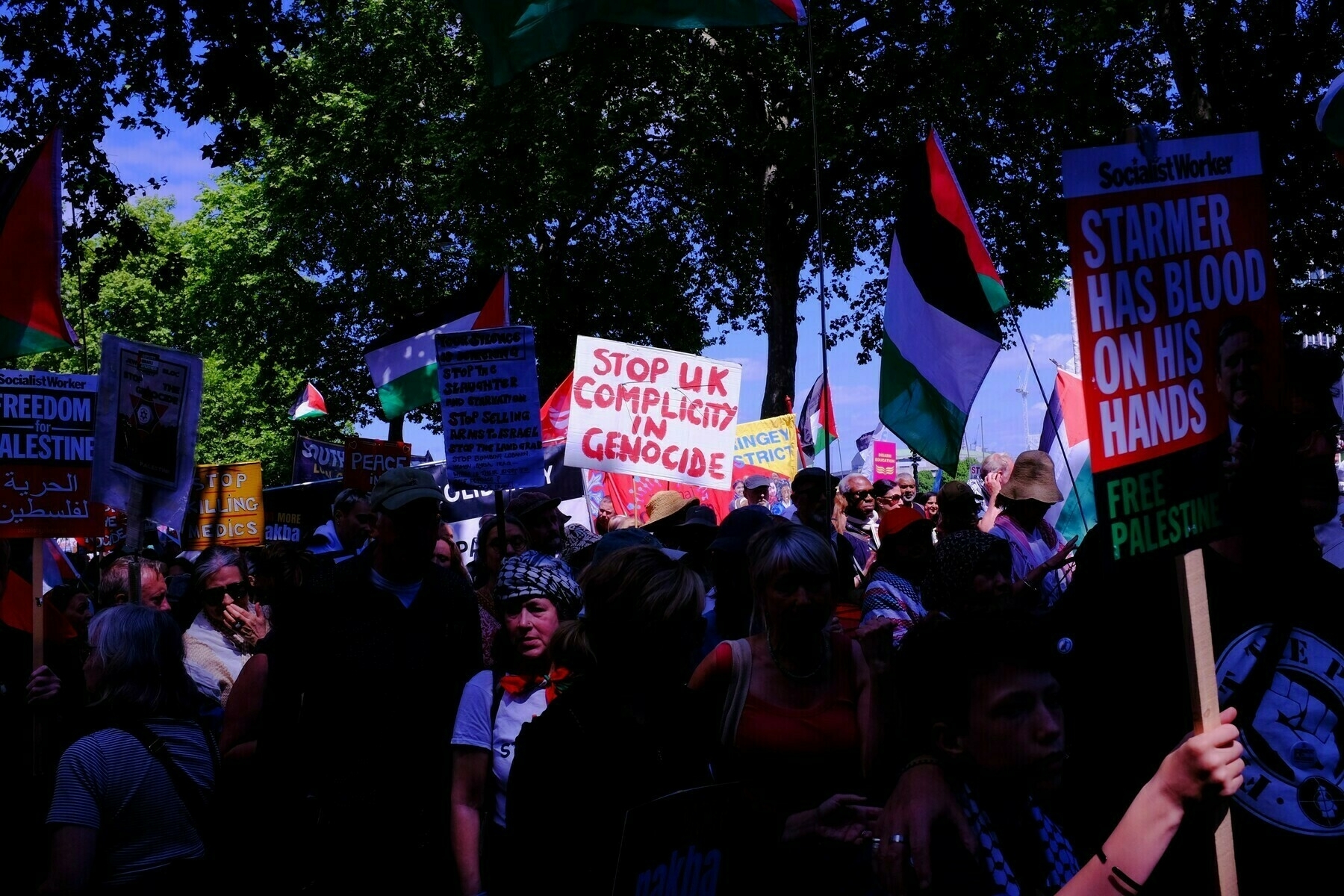
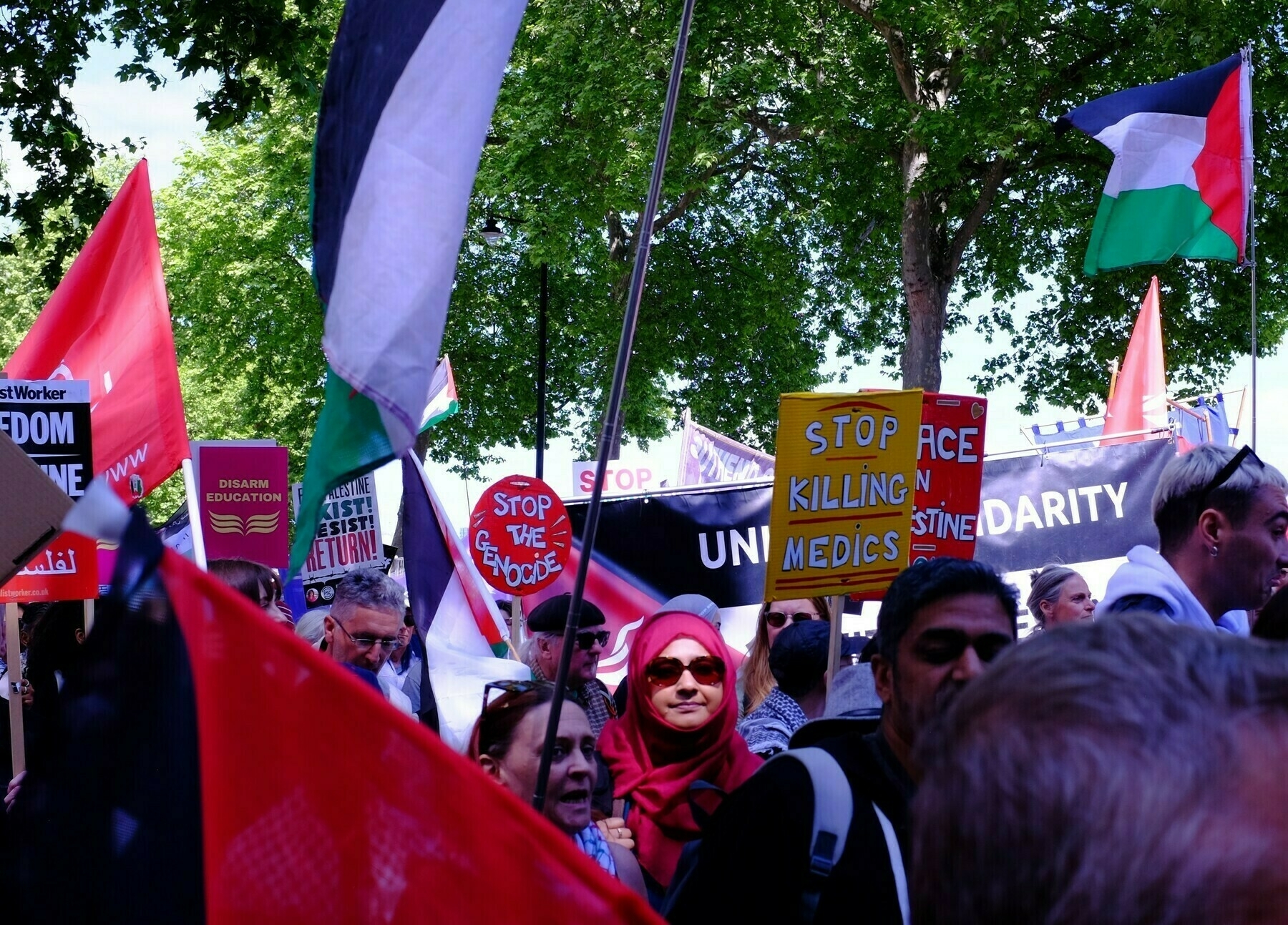
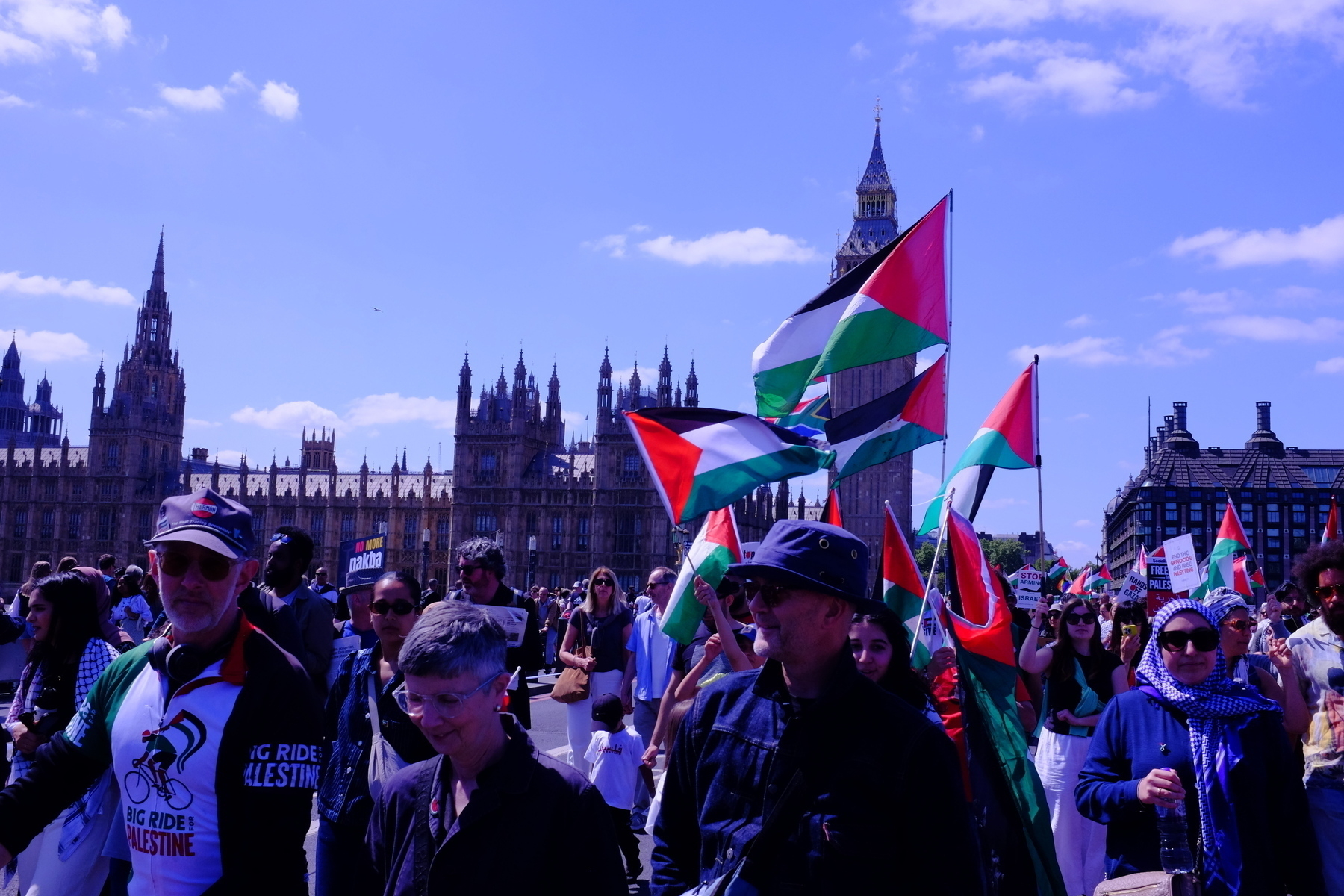
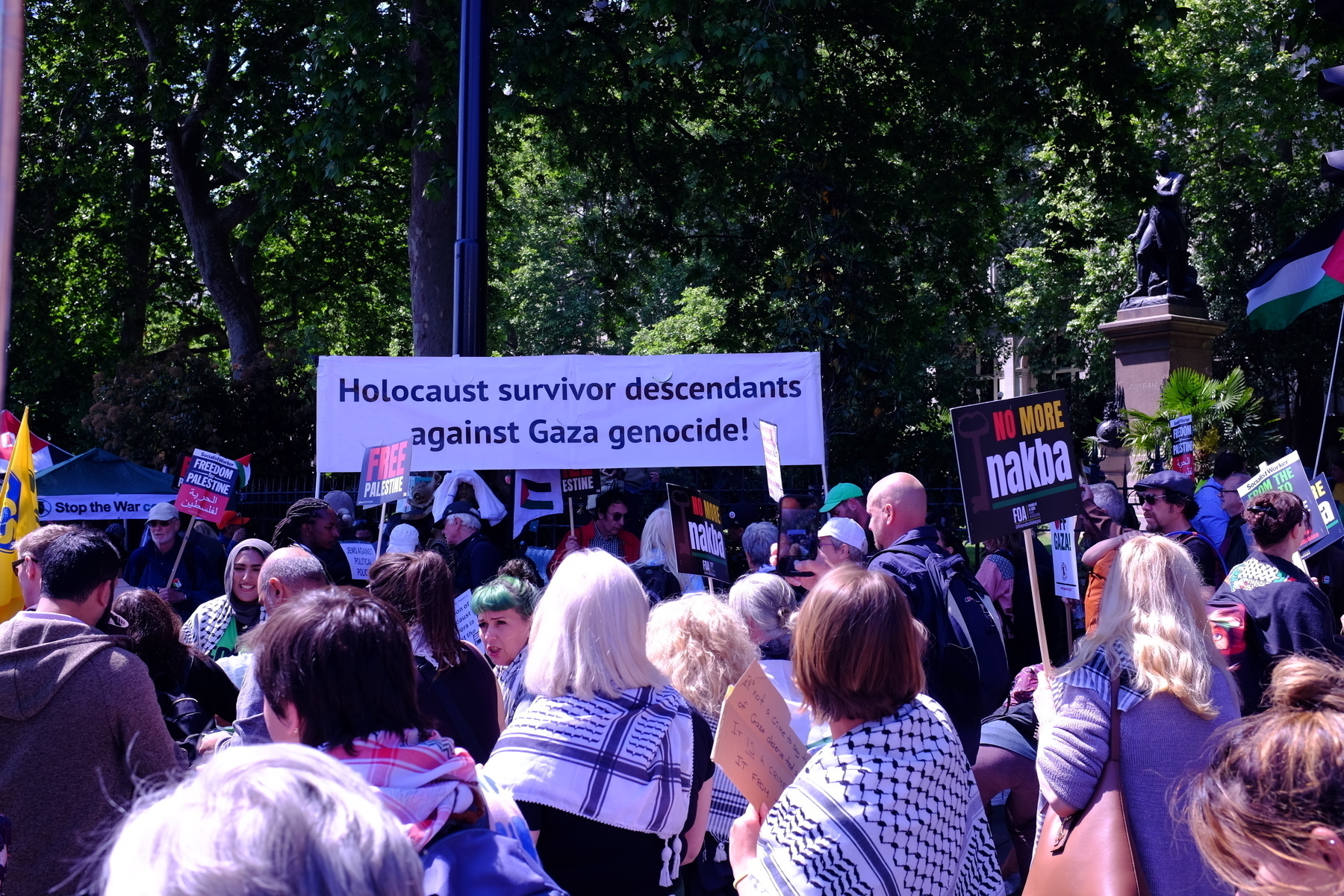
Could this be my big break as an experienced Great Britain English Writer..??

What greater monument could there be for the 1,138 people who died at Rana Plaza, than for the Bangladeshi garment industry to become a light in the darkness, a beacon to the world rebuilt with safe factories, trade unionism and full workers rights. #RanaPlazaNeverAgain
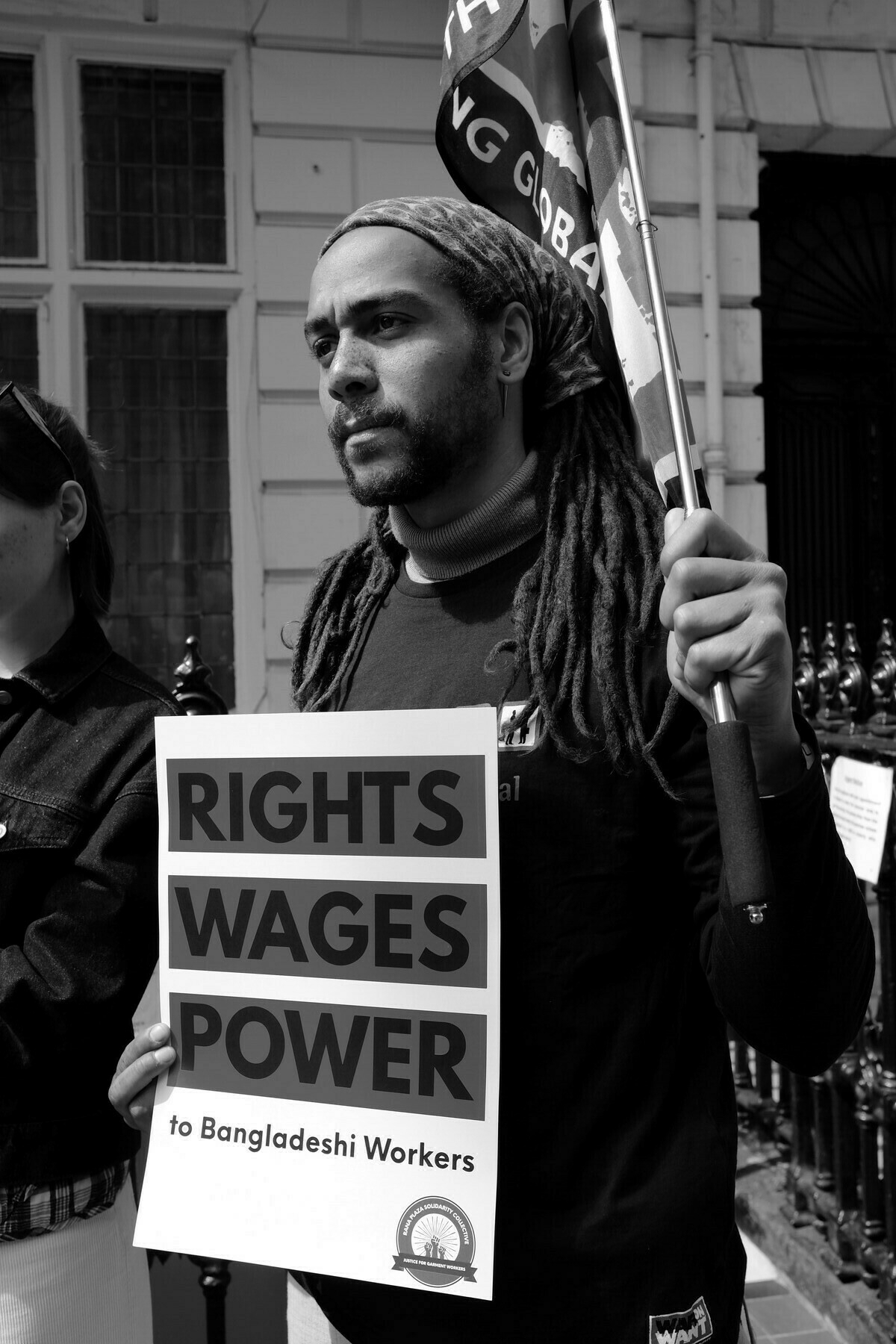
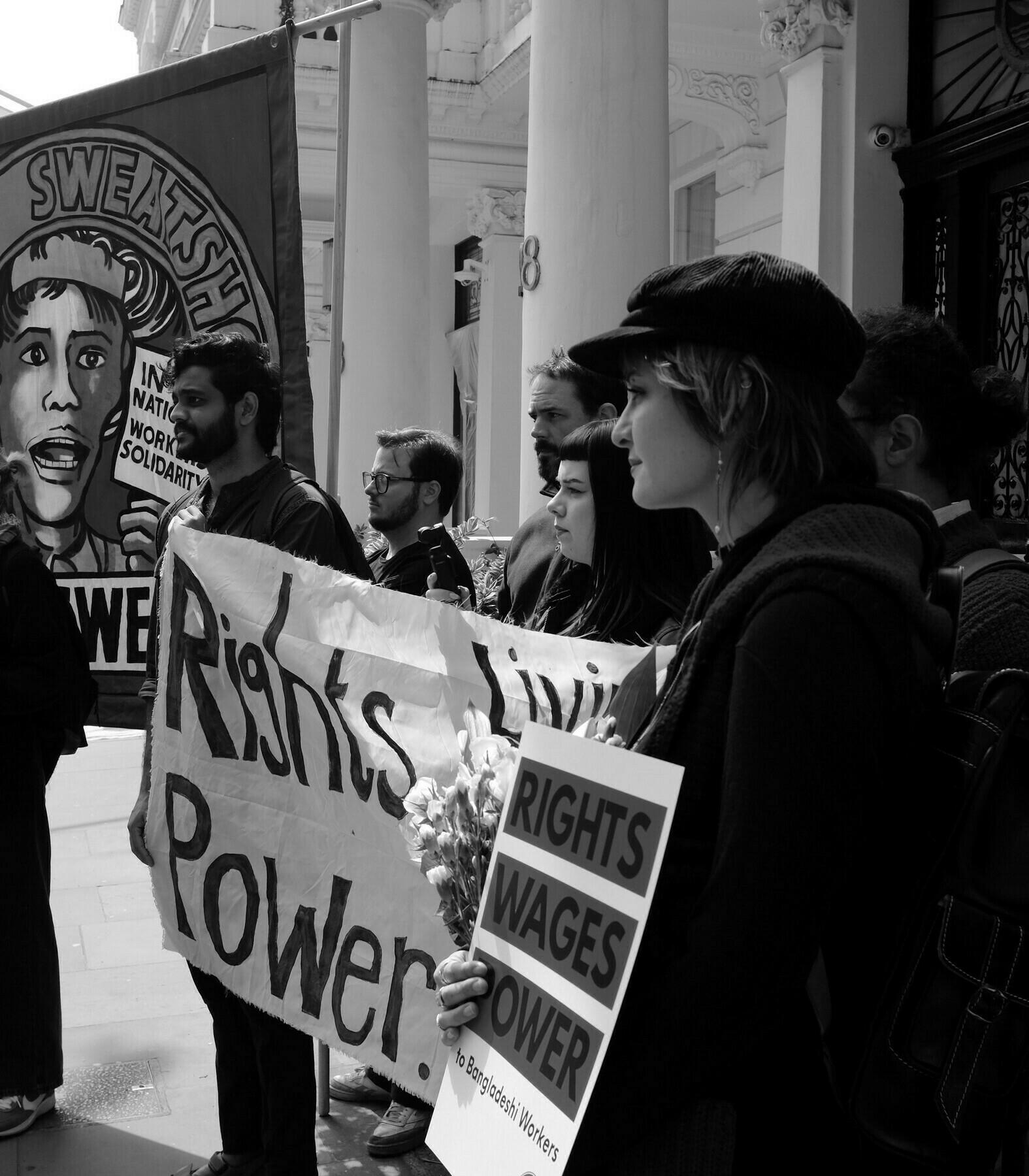
On the 12th anniversary of Rana Plaza, the Rana Plaza Solidarity Collective went to the Bangladesh High Commission in London to urge the new government in Bangladesh to pay garment workers a living wage and assure trade union freedoms. #RanaPlazaNeverAgain
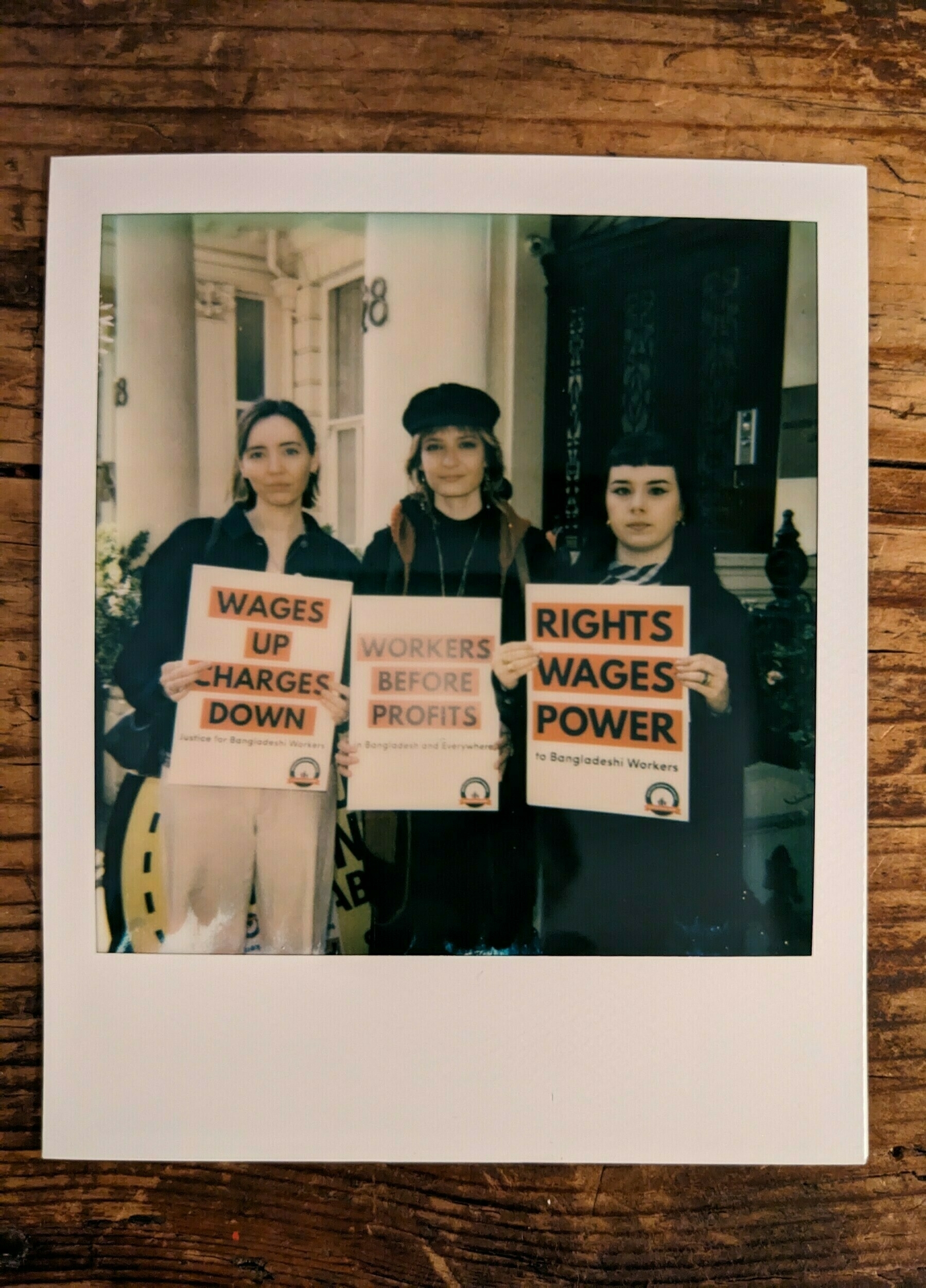
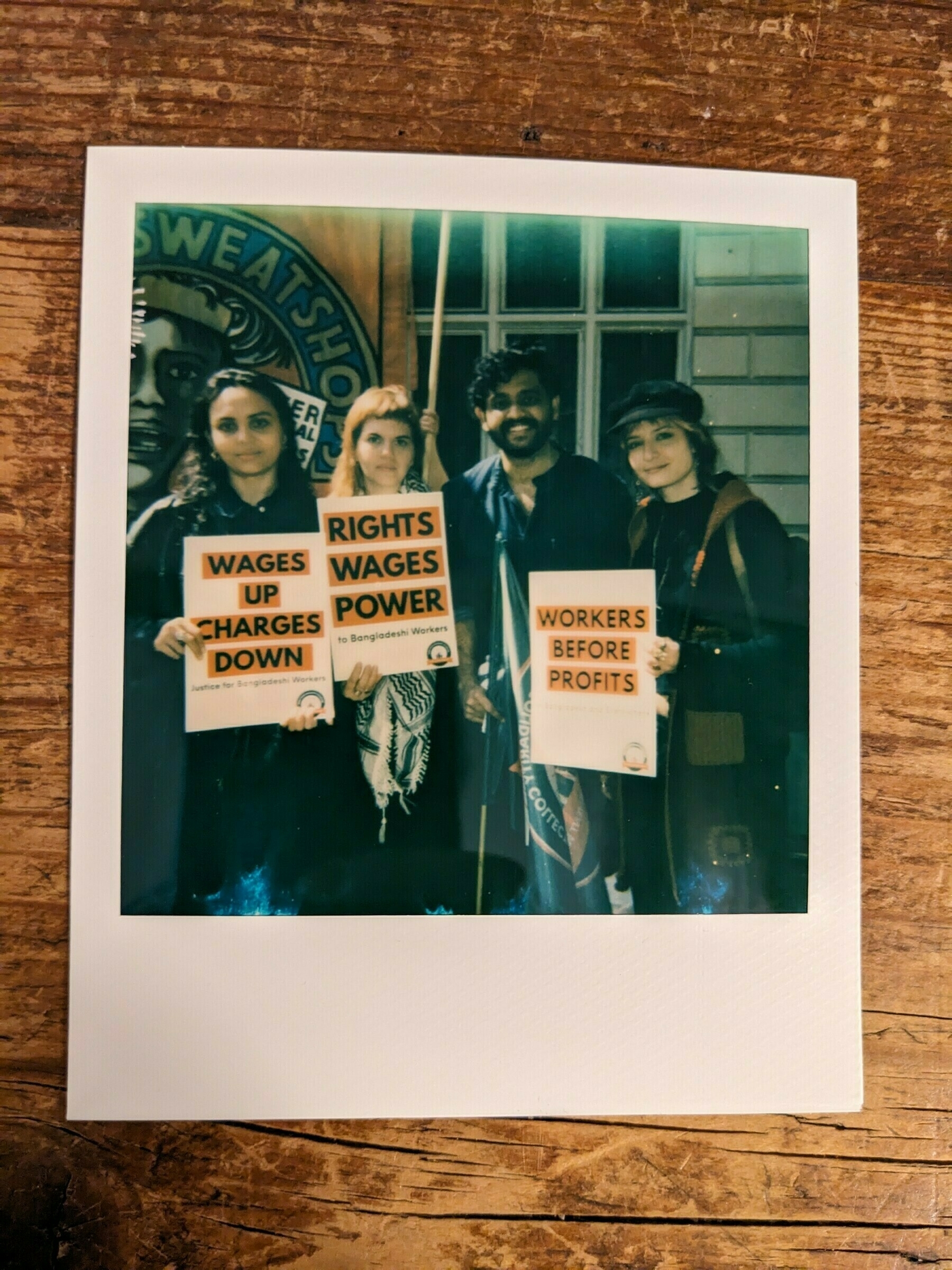
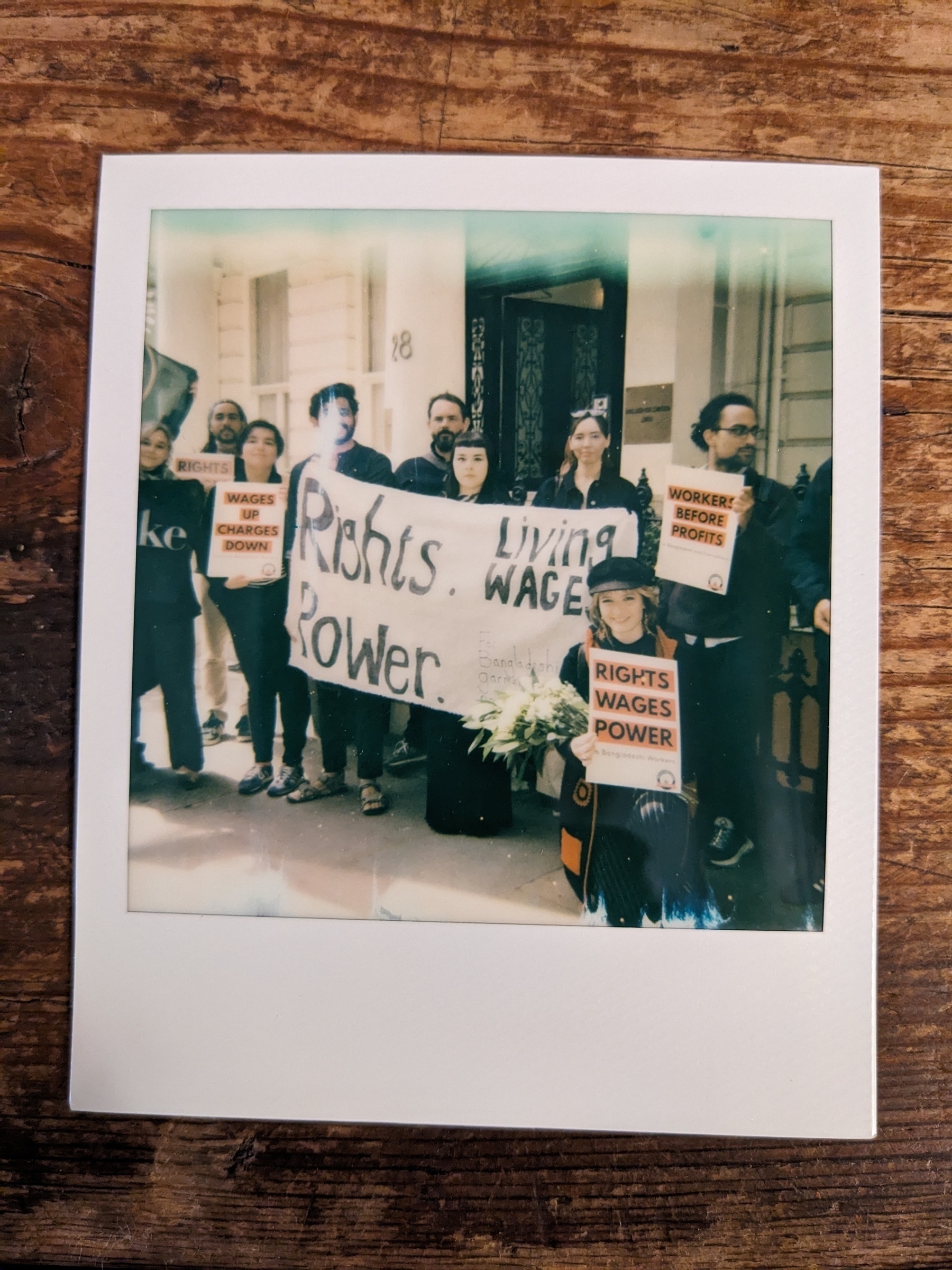
Book recommendation: ‘Foster’ by Claire Keegan.
Saw this described as ‘small, sharp and brilliant’ and it’s true. More of a short story, an hour or two of reading. It’s gripping and unnerving at times but a very beautiful portrait of childhood in rural Ireland and the meaning of family.

Book recommendations: ‘To Be Taught, If Fortunate’ by Becky Chambers.
It’s only February, but it’ll take a lot to knock this book off my Favourite Book of 2025 top spot.
Exceptionally good, immediately handed it to my partner to read so we can discuss all the cosmic wonders contained in here.

Book recommendations: Currently reading ‘The Darkness Manifesto - Why the world needs the night’ by Johan Eklof.
Can already feel this excellent book changing my perception of night and how I interact with the dark.
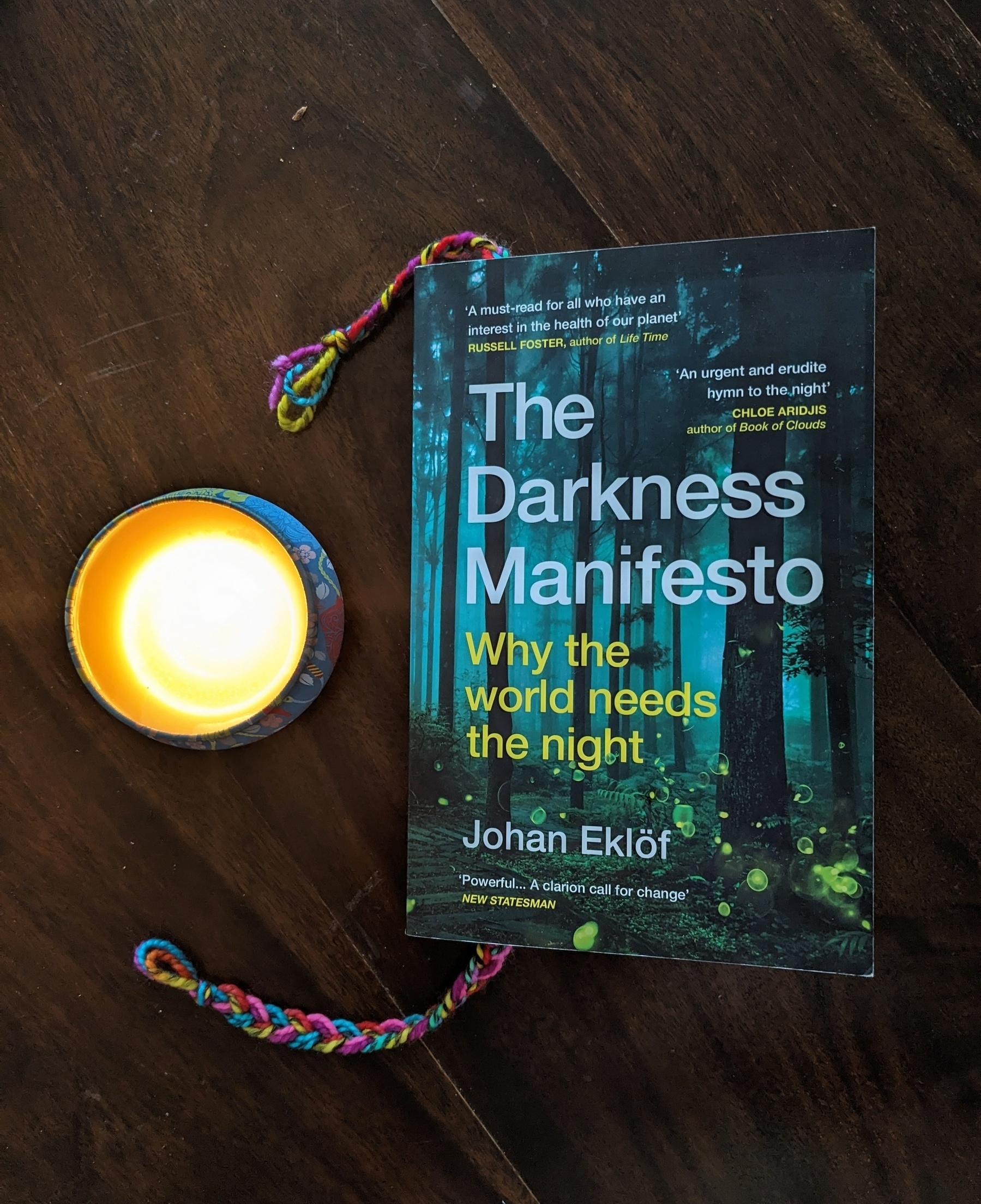
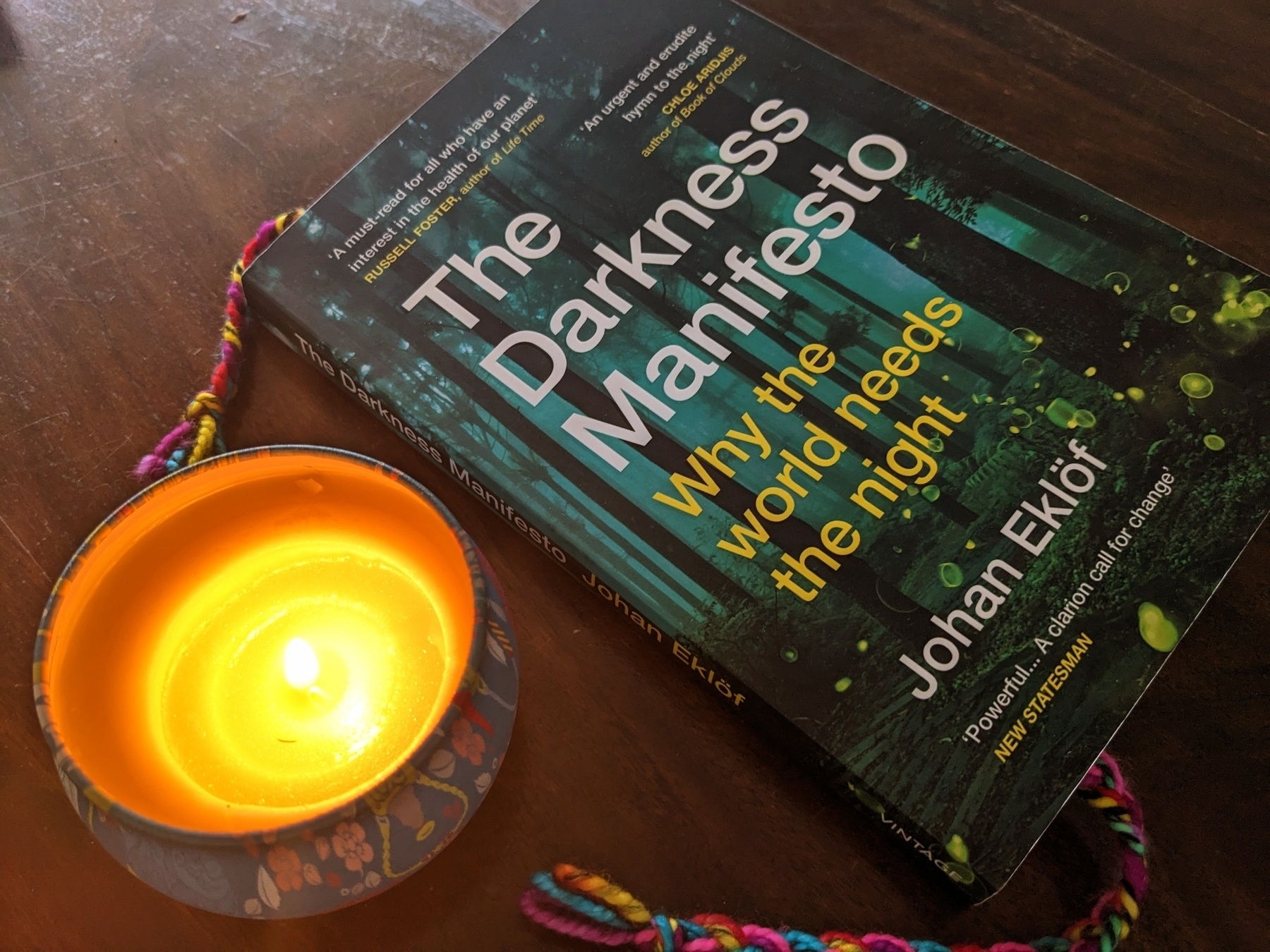
Spent the afternoon teaching InfoSec to Uni students in central London. Also introduced a taxi driver to password managers on the way there. Now on the bus home to watch the new Section 31 Star Trek film. View is looking East from Waterloo Bridge.
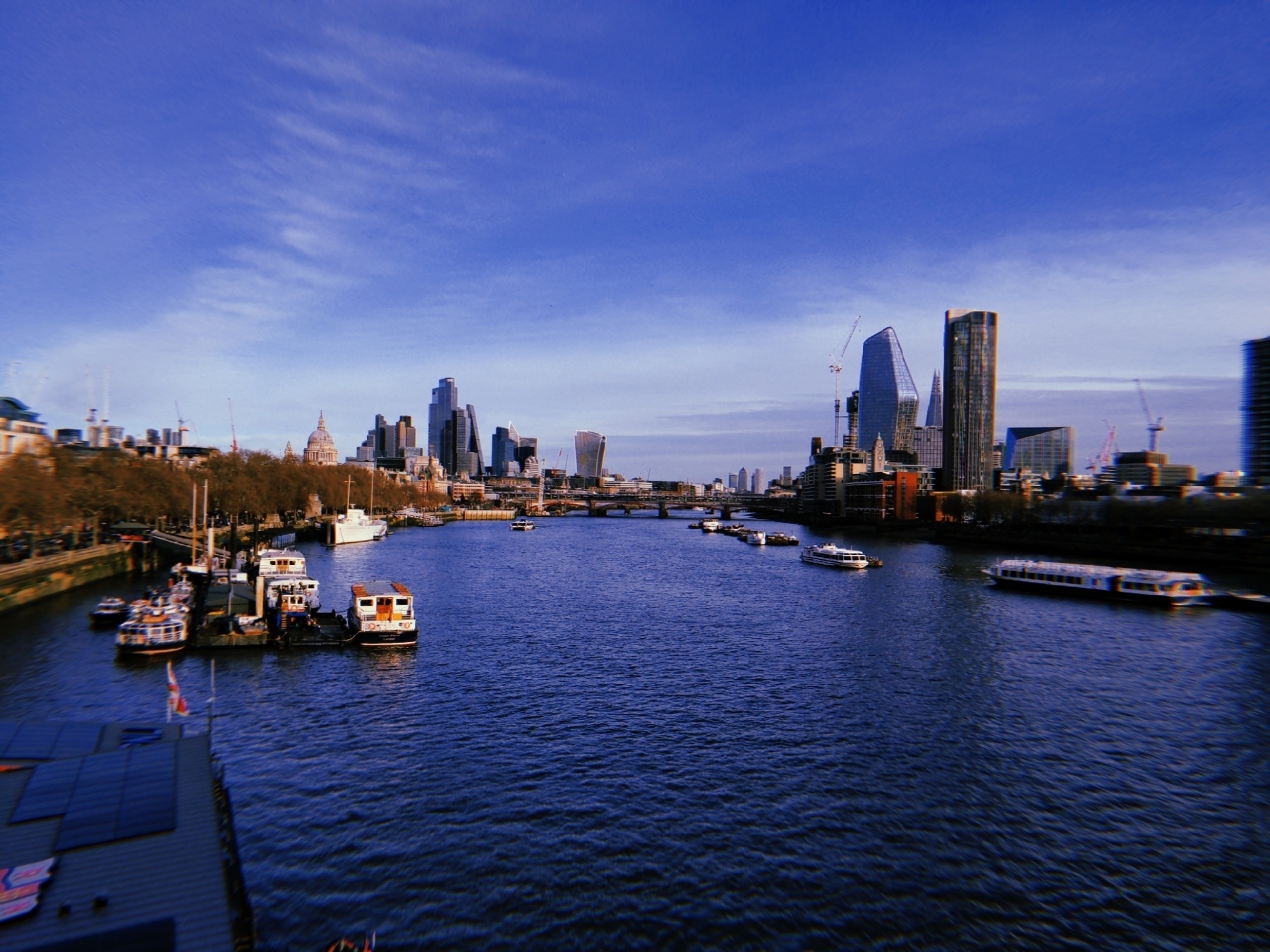

“In Billionaires and Guillotines, players take on the role of 2-5 rival plutocrats vying to grab the wealth of the world before their actions trigger a revolution where they all lose… a lot more than their assets.”
Looking forward to backing this new #boardgame from Pluto Press!
“A device to view the interdependency between fashion and nature, whereby nature is seen as the starting point and not just a resource for fashion to exploit…short vignettes and full of hopeful predictions”
Not yet read Fletcher’s Almanac, but Fashion Roundtable’s write up is interesting.
Cranking up the furnaces to send my first newsletter of 2025 🛠️ 2024 ended on a high note with this superb piece 🌸 so please consider subscribing for the year ahead. It’s free, annoys CEO’s and doesn’t try and sell you clothes.

Happy to see my interview with LifeGate Magazine about ‘Il libro della moda anticapitalista - Tra Karl Lagerfeld e Karl Marx’ has been published: www.lifegate.it/moda-anti…
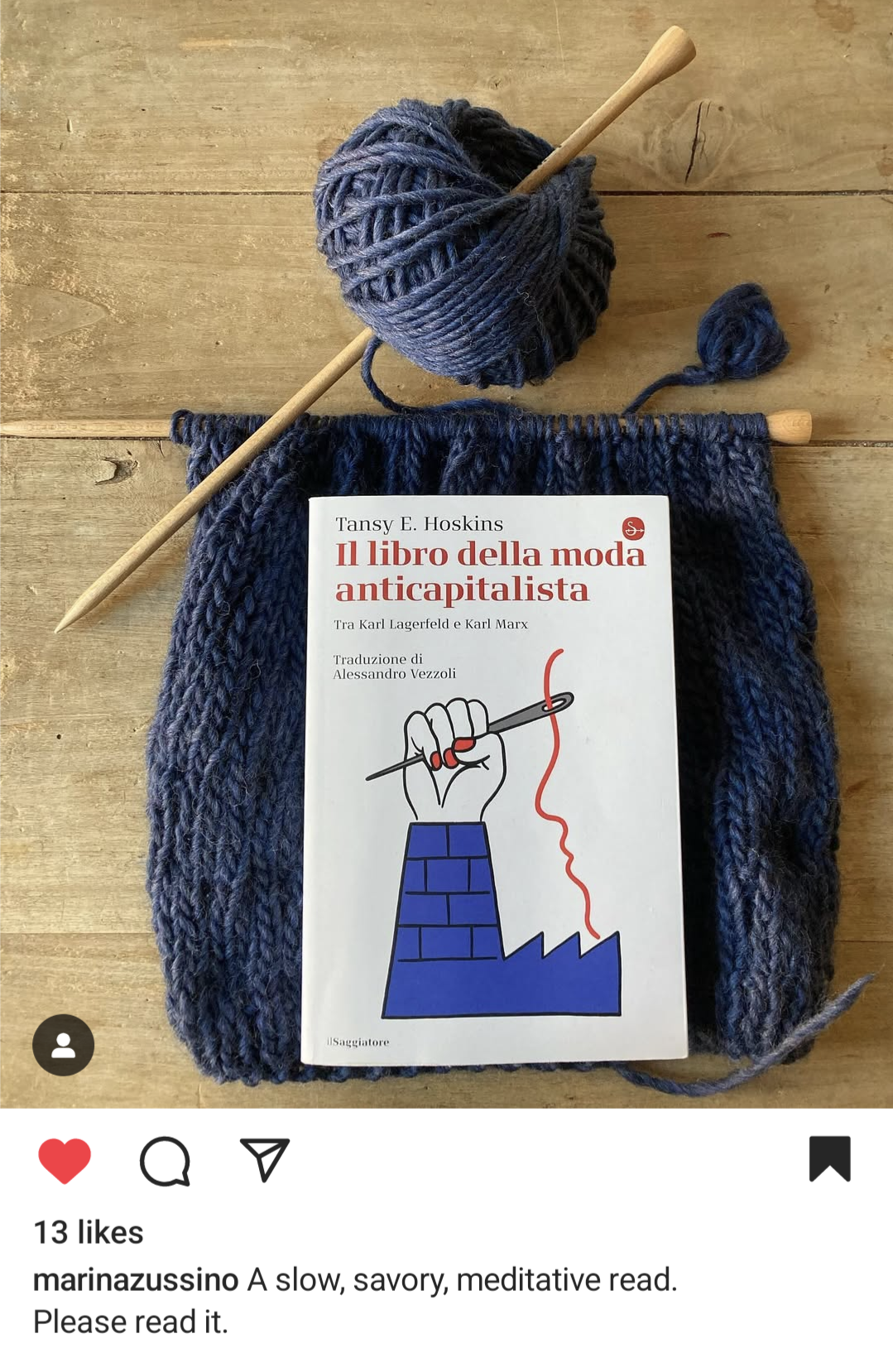
It’s the hope that keeps us here
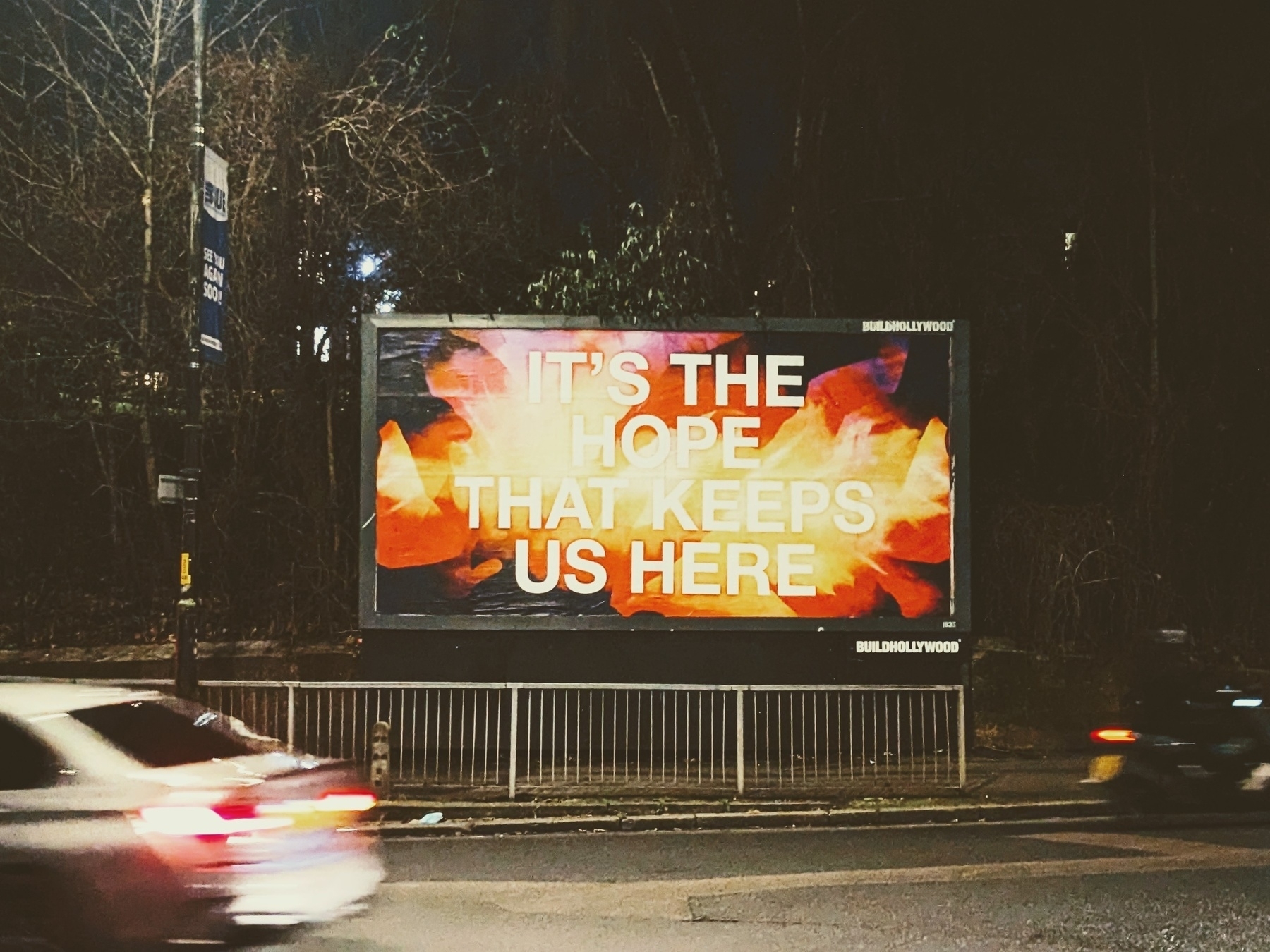
‘Dark Green: Shining a light on climate finance’
New Centre for Investigative Journalism course teaching the methods, tools and research skills needed to investigate climate finance. I’m teaching Supply Chains Investigations for one of the modules: tcij.org/initiativ…
Thanks to Lucy Siegle for this round-up of SHEIN’s car crash performance at the UK Parliament. The number counter going up every time SHEIN refuses to answer a supply chain question about cotton is excruciating. @lucysiegle.bsky.social www.youtube.com/watch
Late night tea with my Bestie.

Fascinating podcast alert:
The Free Speech Costs of Banning TikTok from The Knight First Amendment Institute at Columbia University.
On the mess of Big Tech and it’s toxic lack of privacy, censorship, xenophobia, Trump, Palestine, power and control..!
Fashion is so good at showing what a f*cked up system capitalism is.
At 09:06:02 AM this morning the CEO of Amazon Andy Jassy had already made the annual salary of a Bangladeshi garment worker. 10 minutes later, Zara’s Oscar García Maceiras had done the same.
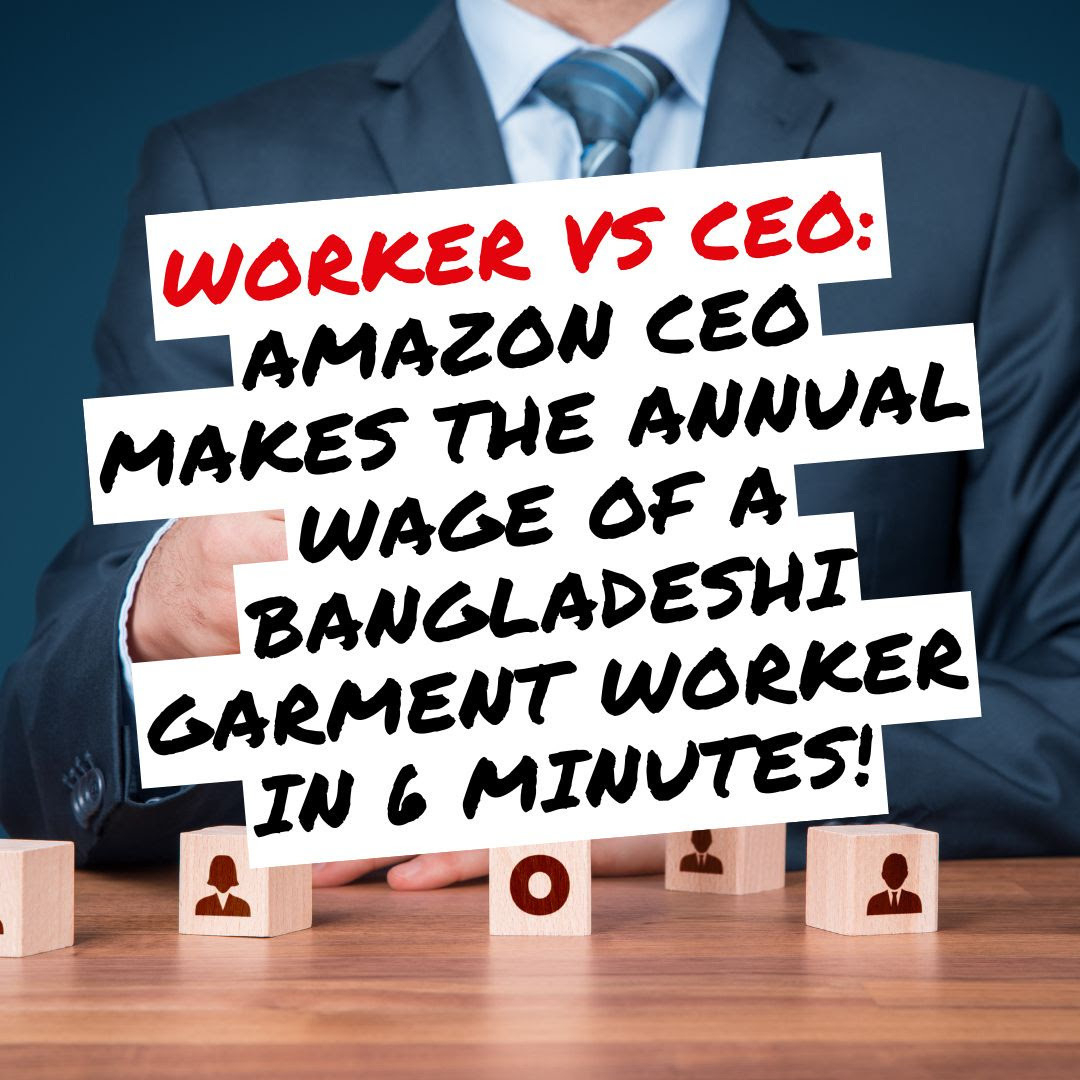
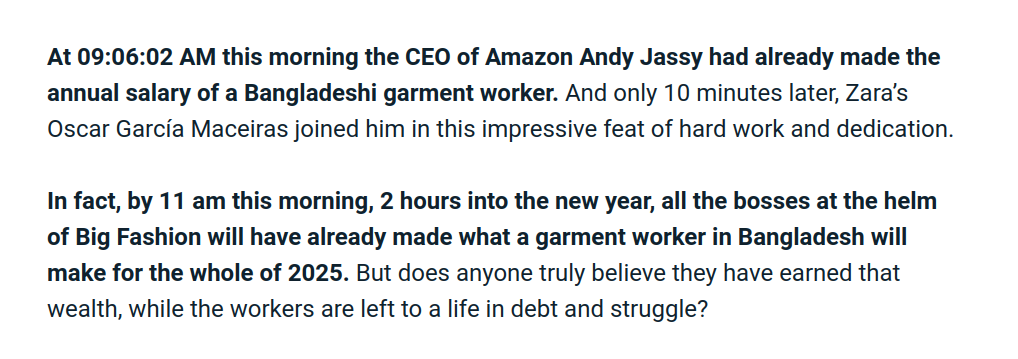
South East England has been incredibly foggy recently. Went for a country walk famed for “stunning views” from the tops of hills over the countryside. We couldn’t see a darn thing, but the misty woods more than made up for it.
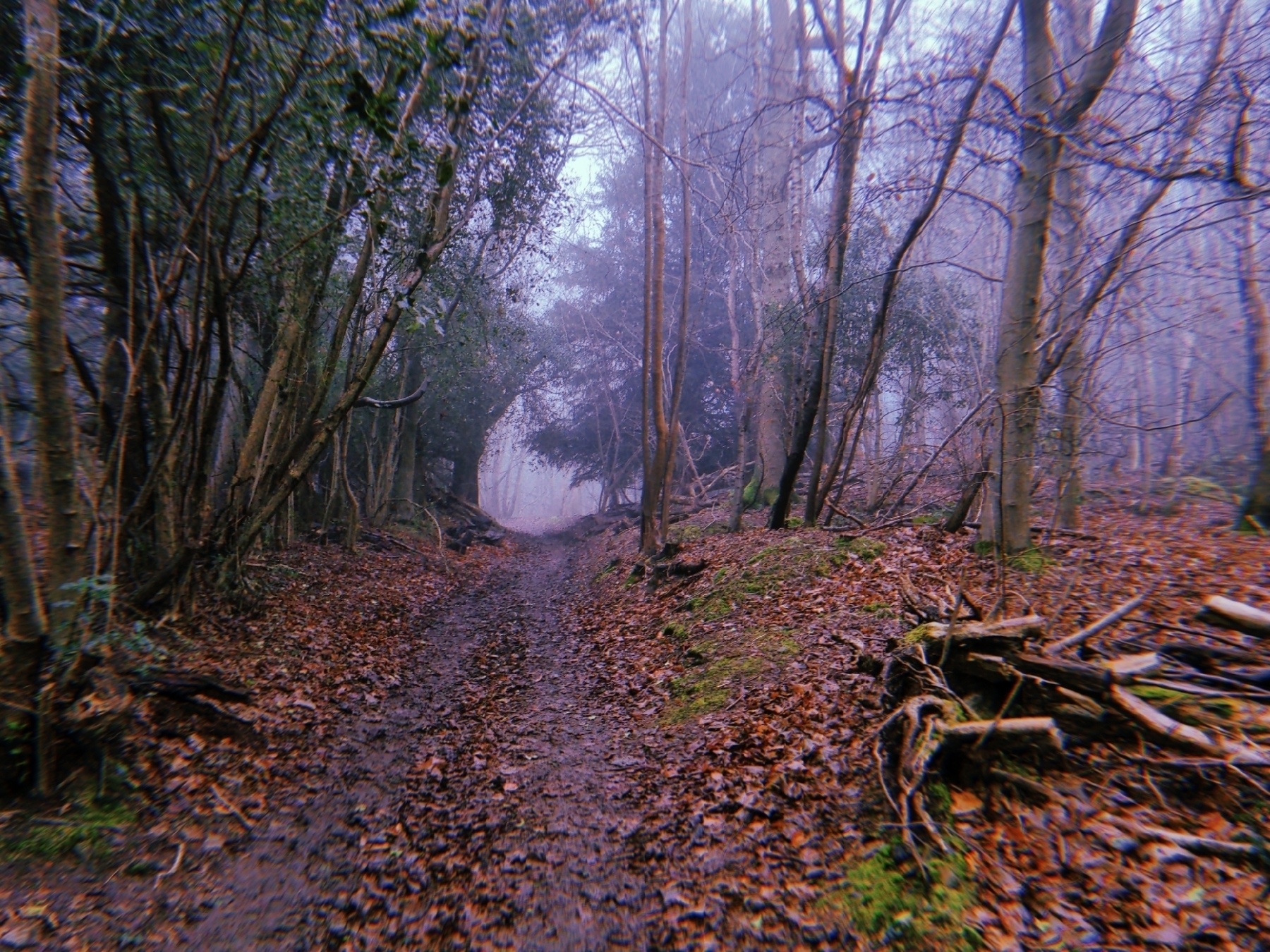


Lovely to see the Italian edition of The Anti-Capitalist Book Of Fashion being read and enjoyed. (Am also always extremely impressed with anyone who.can take a stylish photo of a book - it’s a very underrated talent which I do not have.)
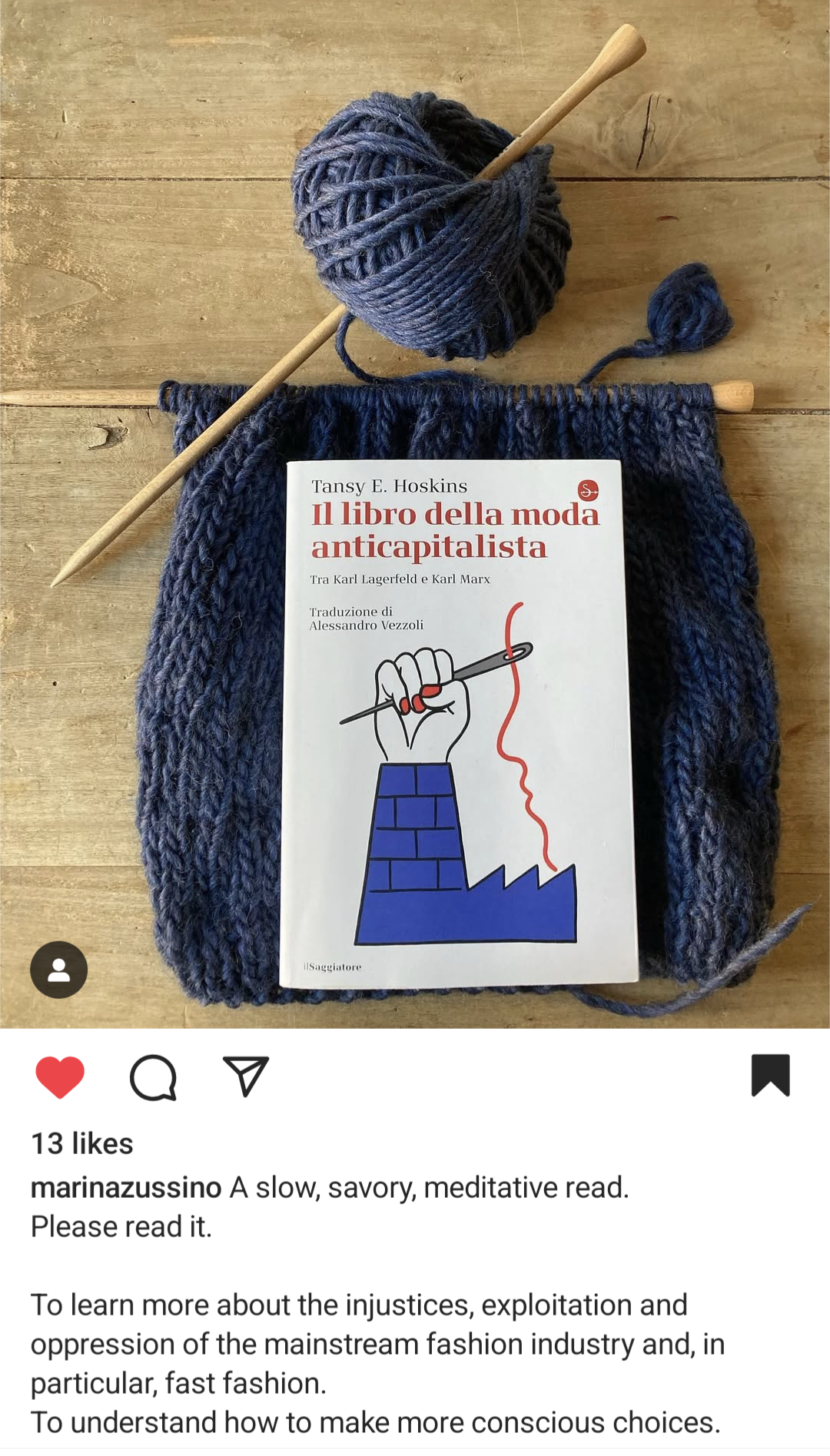
Cheers Vogue 🎁📚

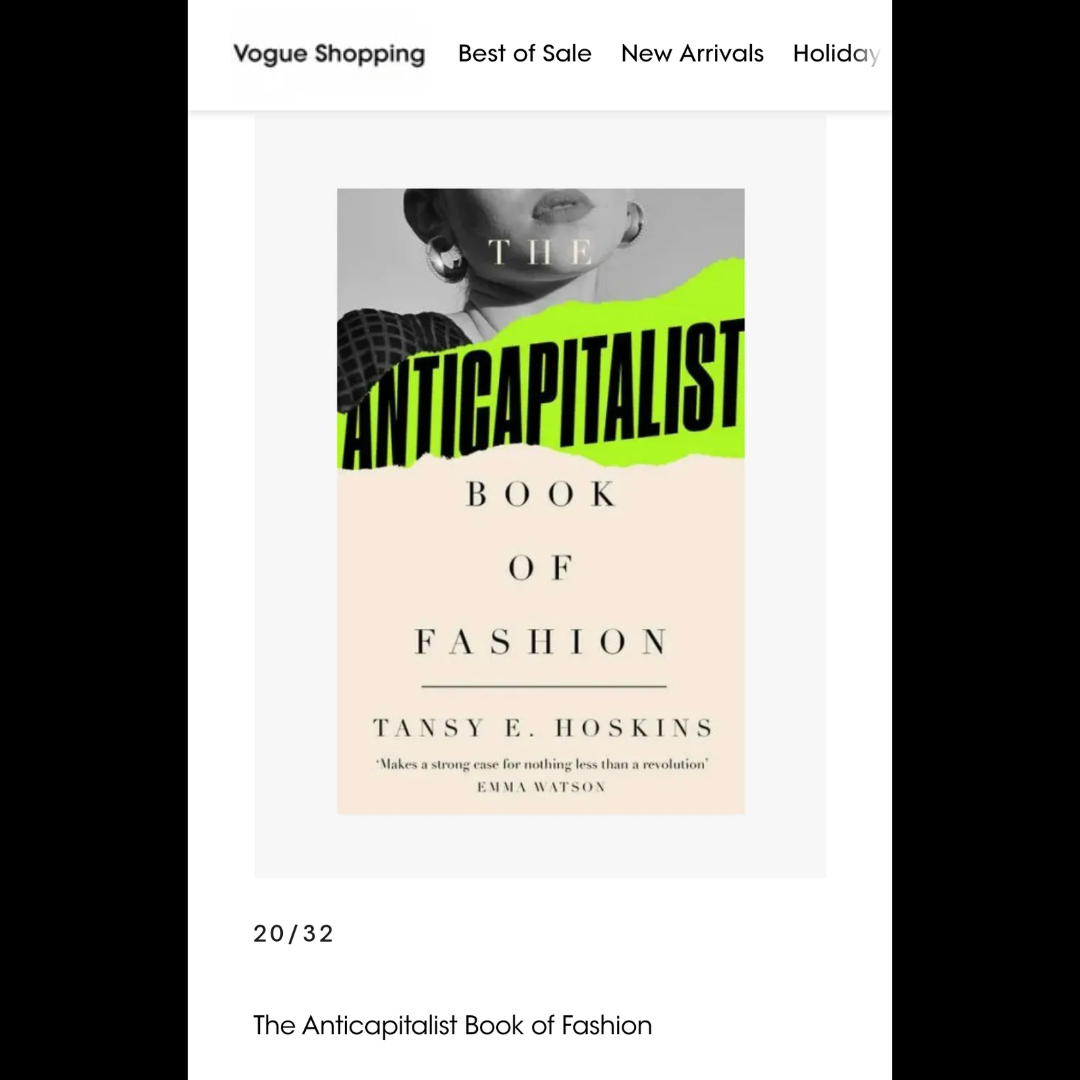

The photo you take going in vs the photo you take when you leave…. 😆
London friends, you need this exceptionally chaotic drag pantomime to dazzle you with sequins and dildos.


Wishing everyone a wonderful Winter Solstice.
Spent some time today doing the Year Compass - a free booklet that ‘helps close your year and plan the next one.’ Recommended: yearcompass.com
[I’m offline other than a few posts through micro.blog so won’t see replies for a while.]
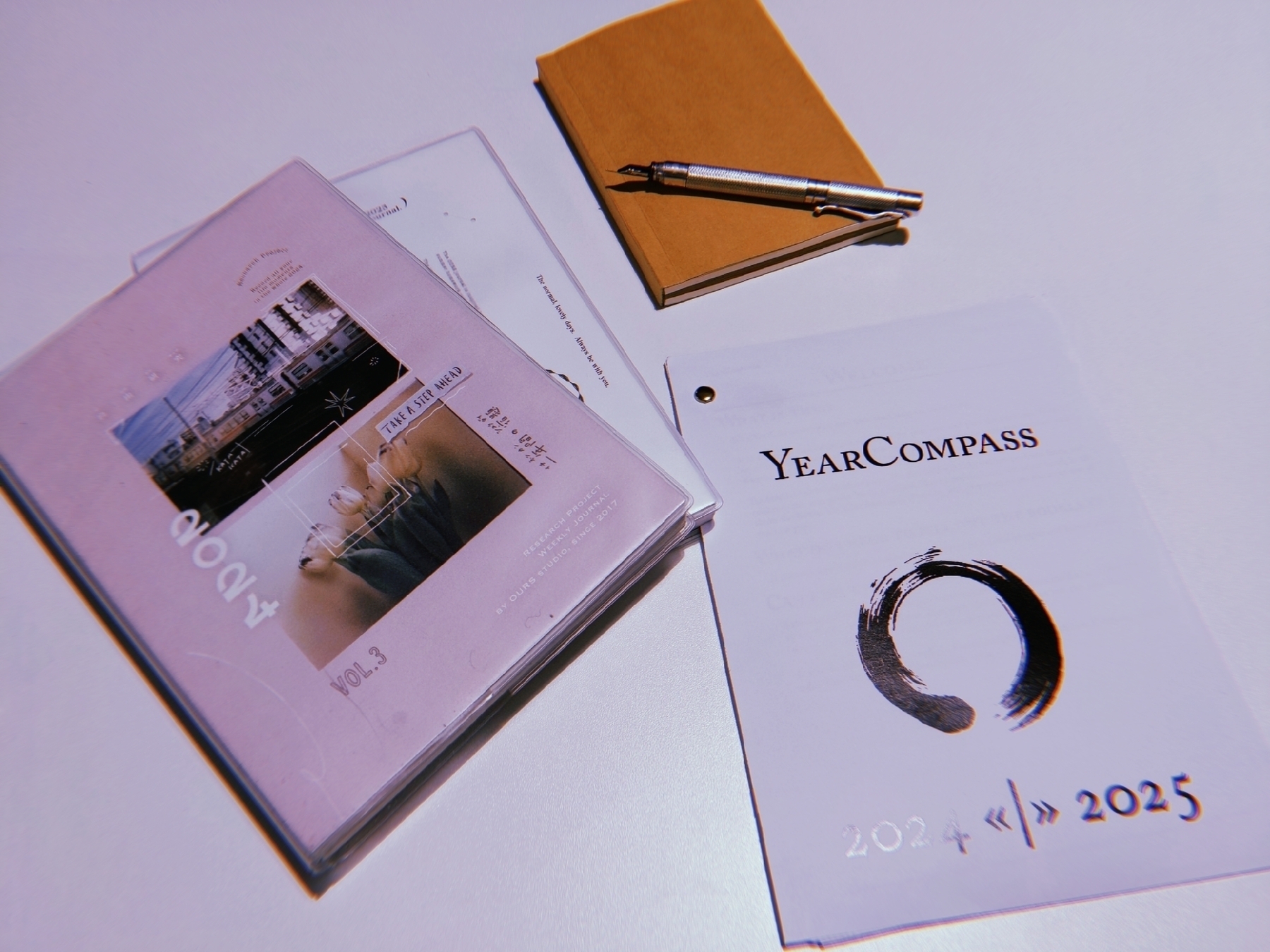
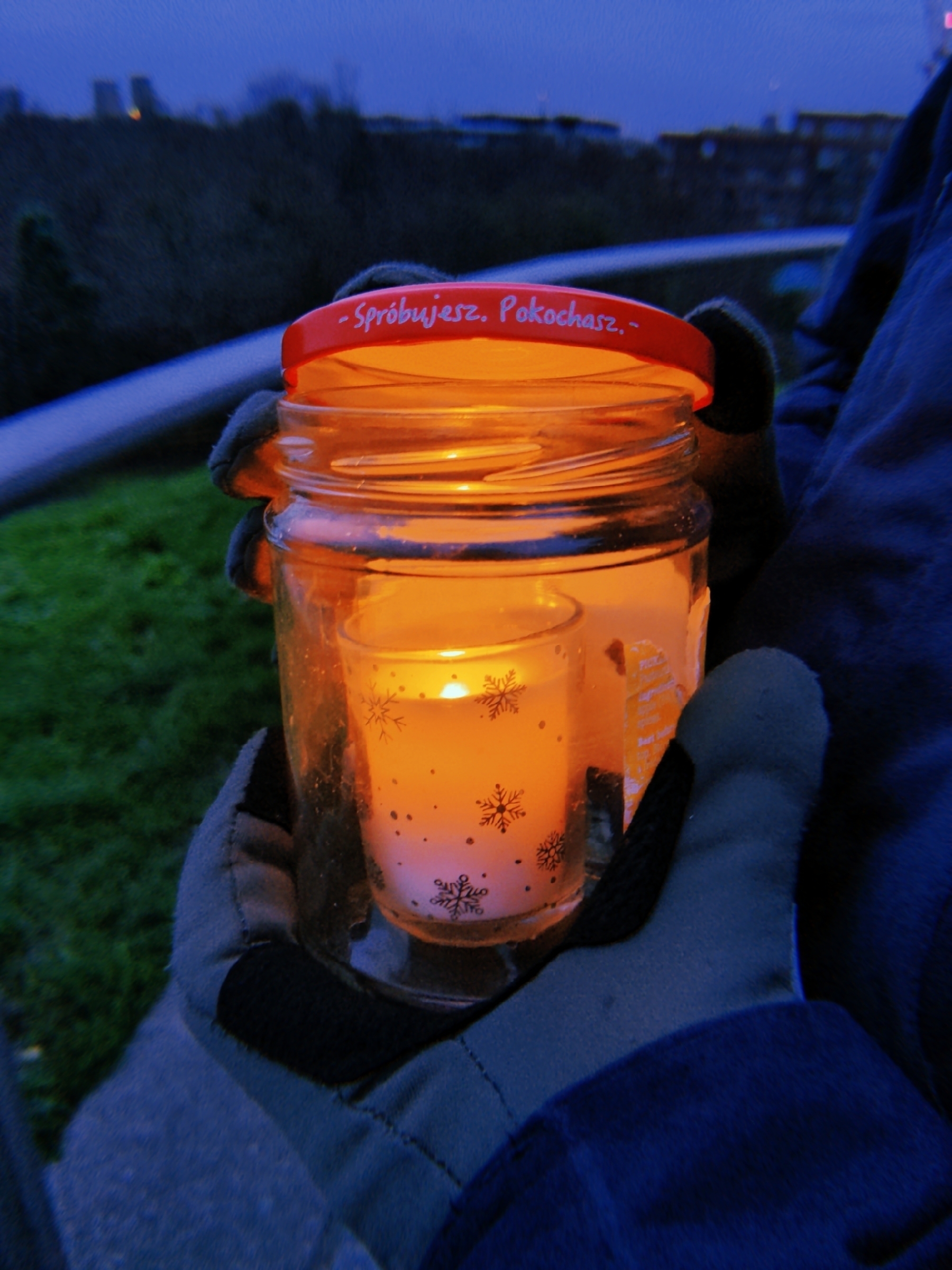
Inbox zero reached. Out of office on. Time to be offline and on holiday :))